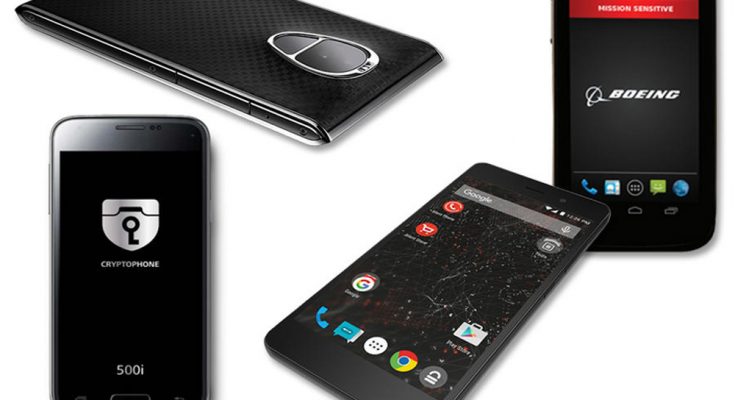The smartphone continues to revolutionize the enterprise planet as new and innovative phones flood the marketplace and slick apps make it less complicated to accomplish company around the clock, from anyplace. From a profitability and productivity standpoint, the business enterprise enhancing affects are unquestionable.
But with this fast progression in smartphone technology come new safety challenges that not simply CIOs and IT employees need to have to consider, but additionally tiny business owners and managers. Smartphones is often open portals to sensitive personal information as well as your corporate network to which they hyperlink, generating it absolutely crucial to understand the security risks and tips on how to keep the integrity of one’s data.
Peter DiCostanzo, a preeminent mobile telephone and iPhone consultant, adds that “Like laptops, smartphones are an extension of your corporation’s network not only containing sensitive or confidential information, but by way of VPN capabilities it might allow direct connectivity towards the heart of the company’s business enterprise. It is actually imperative for the network administrator to view smartphones the identical as employee laptops, and to apply exactly the same (if not greater) precautions and access levels restricting access towards the corporate network.”
A couple of stats to think about… 36% of enterprise network attacks originate from end-user devices, and in accordance with the 2010 Information Breach study, 28% of attacks occur by means of the many social networks that staff enjoy on their smartphones. Monitoring these types of activities and deploying a use policy will go a lengthy way in securing sensitive corporation information that travels involving the organization network and employee smartphones. With more than 250,000 apps readily available, and using the rate at which they enter the industry, it is understandable that not all apps are vetted just before they’re offered for download.
This can be a huge supply of vulnerability and an increasingly inviting platform for malicious criminal activity that could have devastating effects in your organization. Highlighting the value of a sturdy use policy, DiCostanzo explains, “Policy need to define and restrict which smartphones may be used on a corporate network. If the phone does not assistance characteristics such as password protection, or remote-wipe (ability to remotely erase the telephone if lost) one example is, it shouldn’t be permitted to access company data.”
In closing, in case you already have a single or program to deploy a company smartphone to your workforce, give some critical thought to the following:
* Education. Make your personnel conscious of how their smartphone interacts along with your network.
* Build and strictly enforce a use policy, and ensure that security apps are integrated in said policy.
* Understand that not all smartphones operate on the very same platform. Telephone software packages have holes and no carrier is immune to malware and viruses. Study regarding the many vulnerabilities and safeguards with the smartphone alternatives you are thinking of.
* Need personnel to sync their phones regularly, maintaining sensitive information off of their phones.
* Retain a corporate firewall and routinely monitor all server activity.
* Limit employee permissions to only what they have to have to have their job accomplished.
* Have authentication protocols in location for accessing corporate networks.
* Maintain malware definitions up to date and operating on all security software program.





